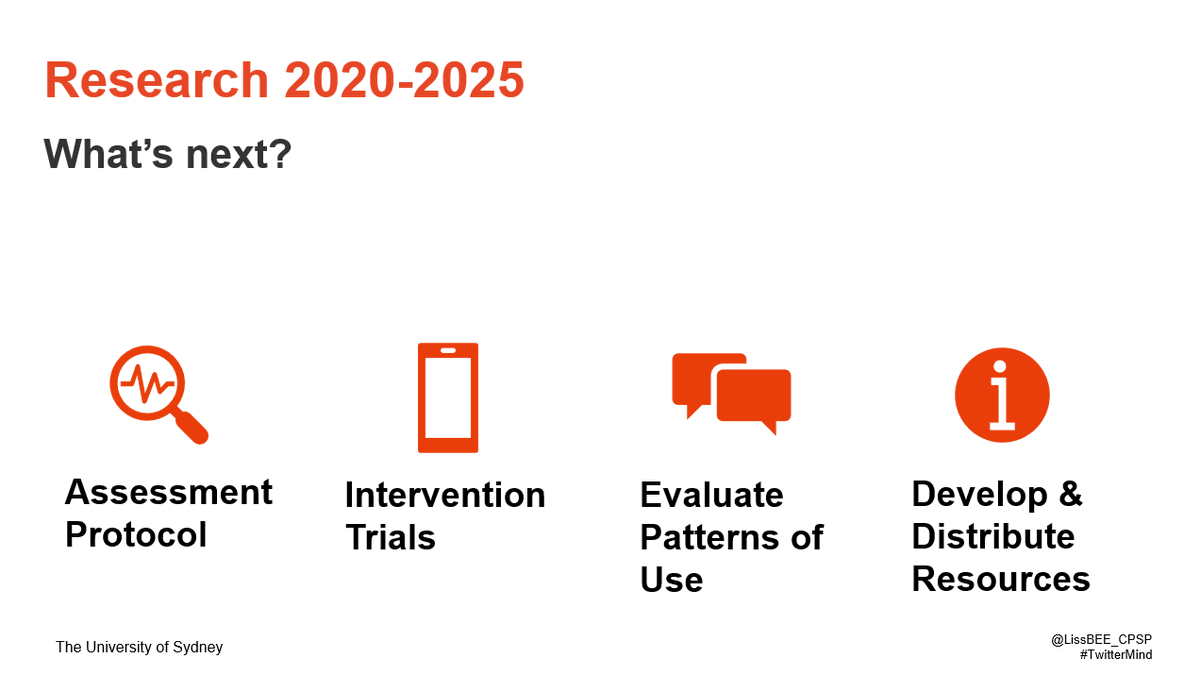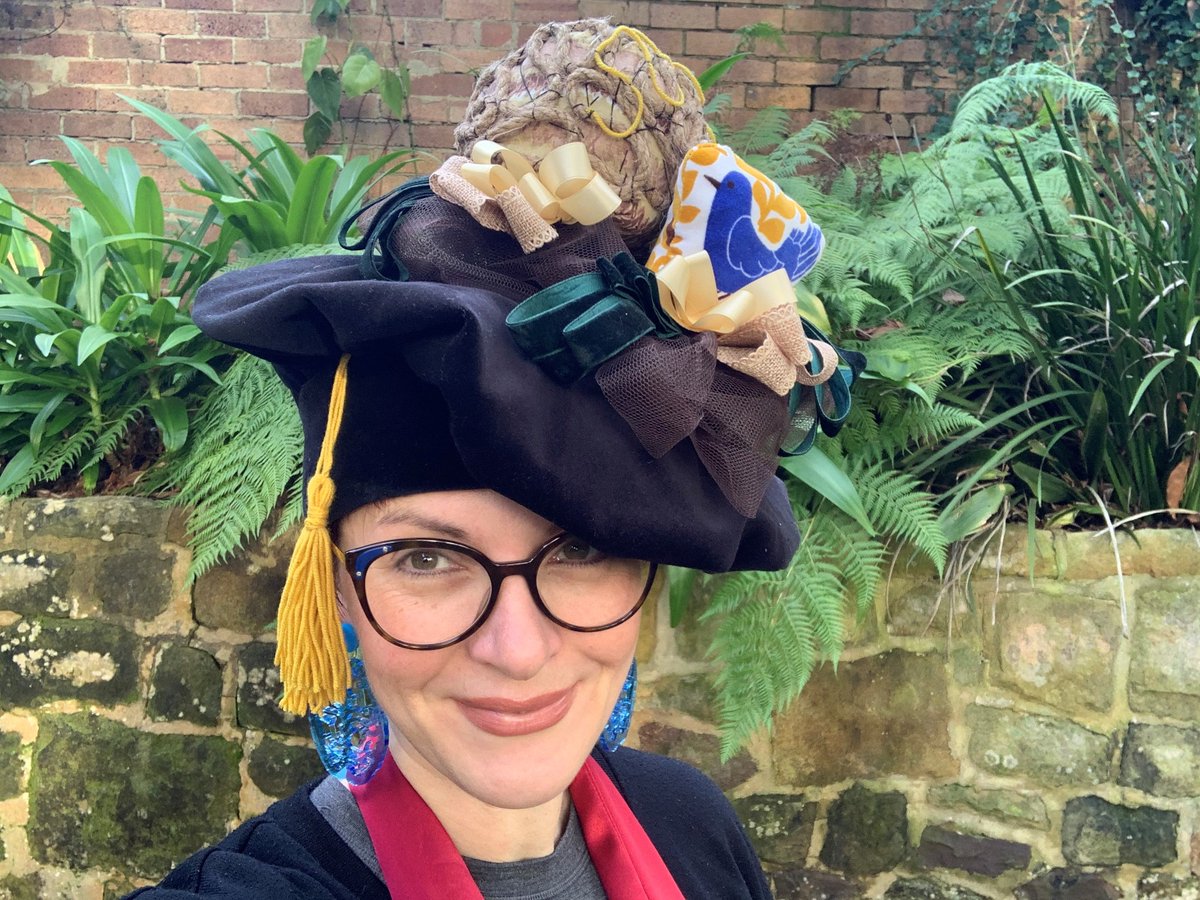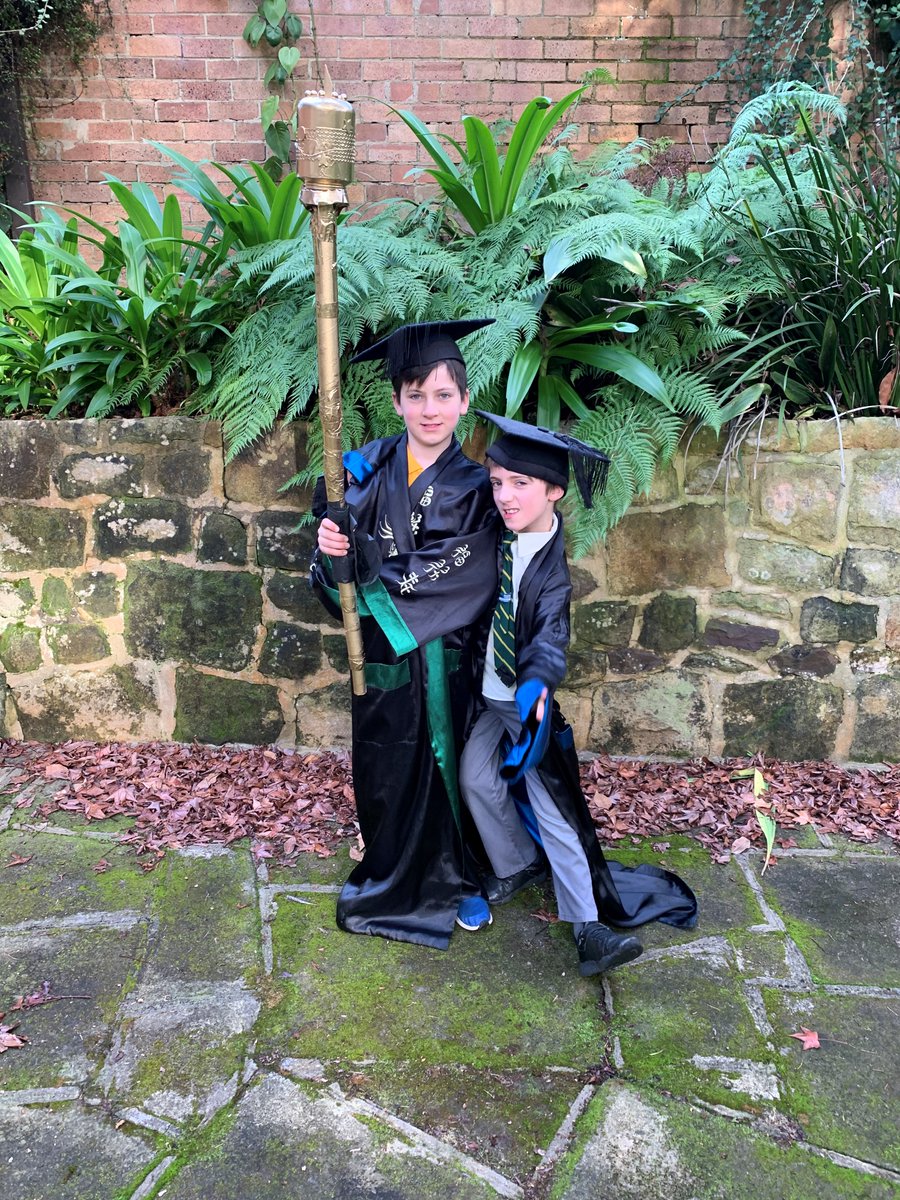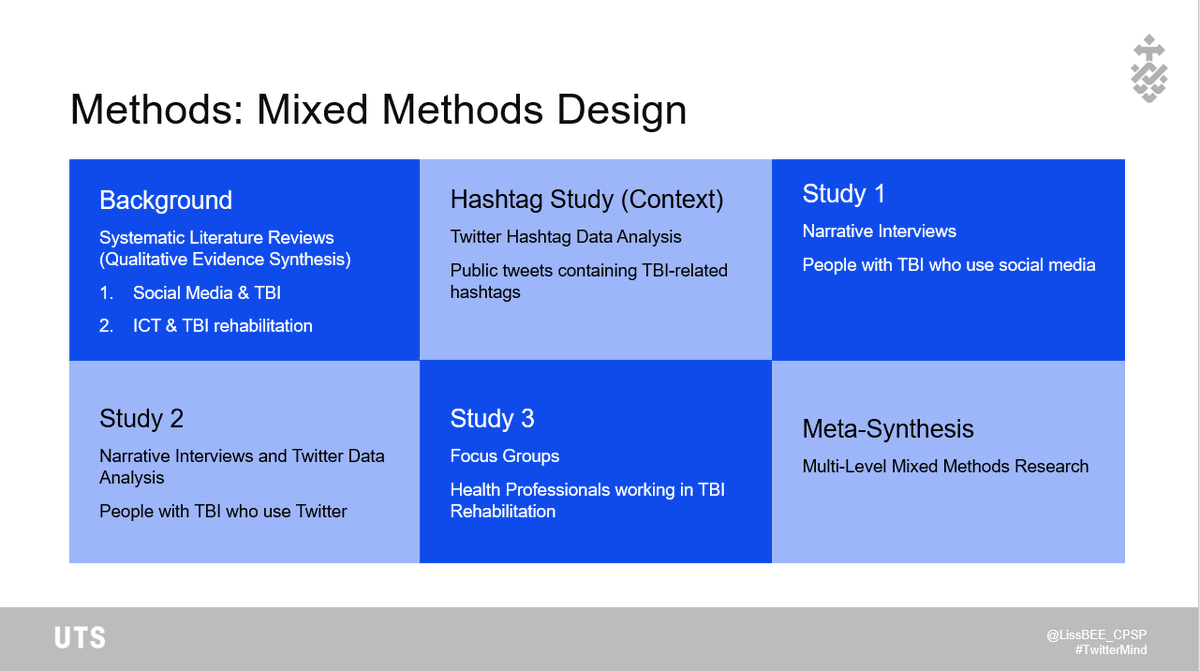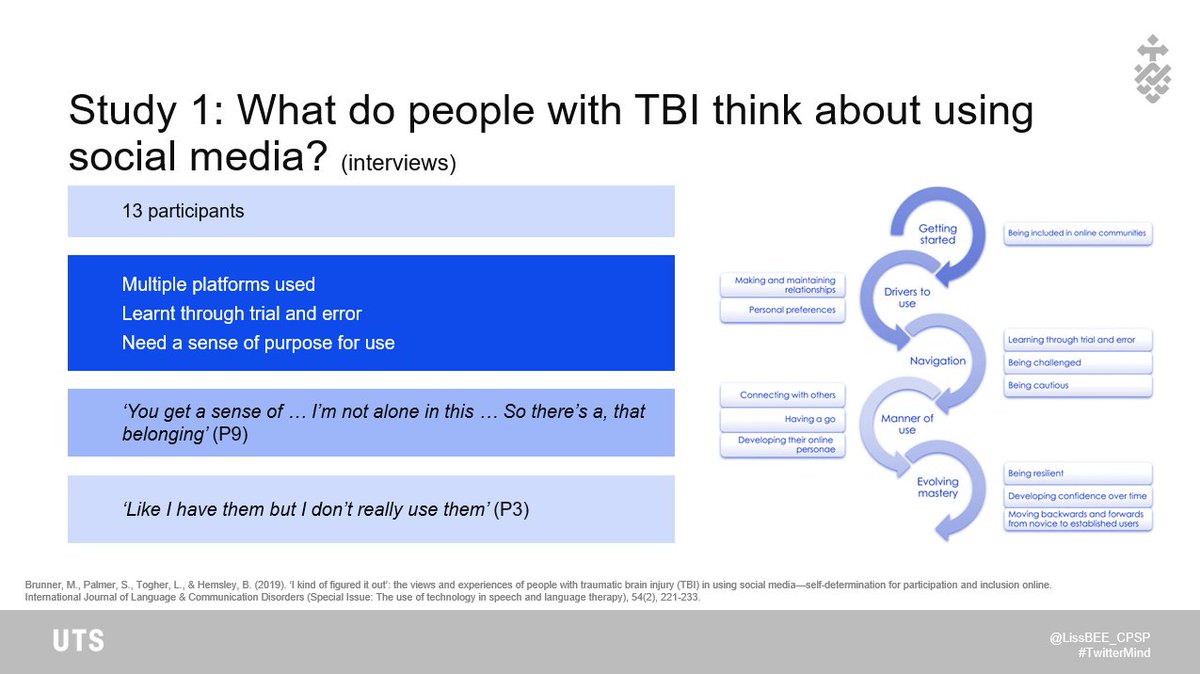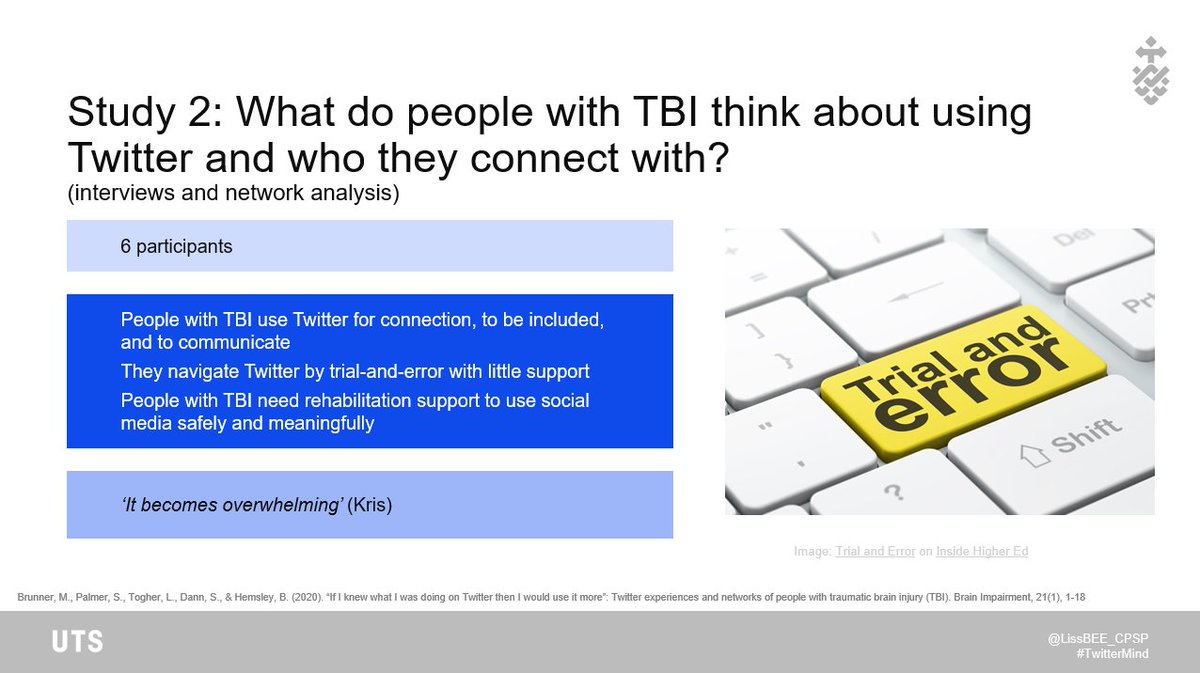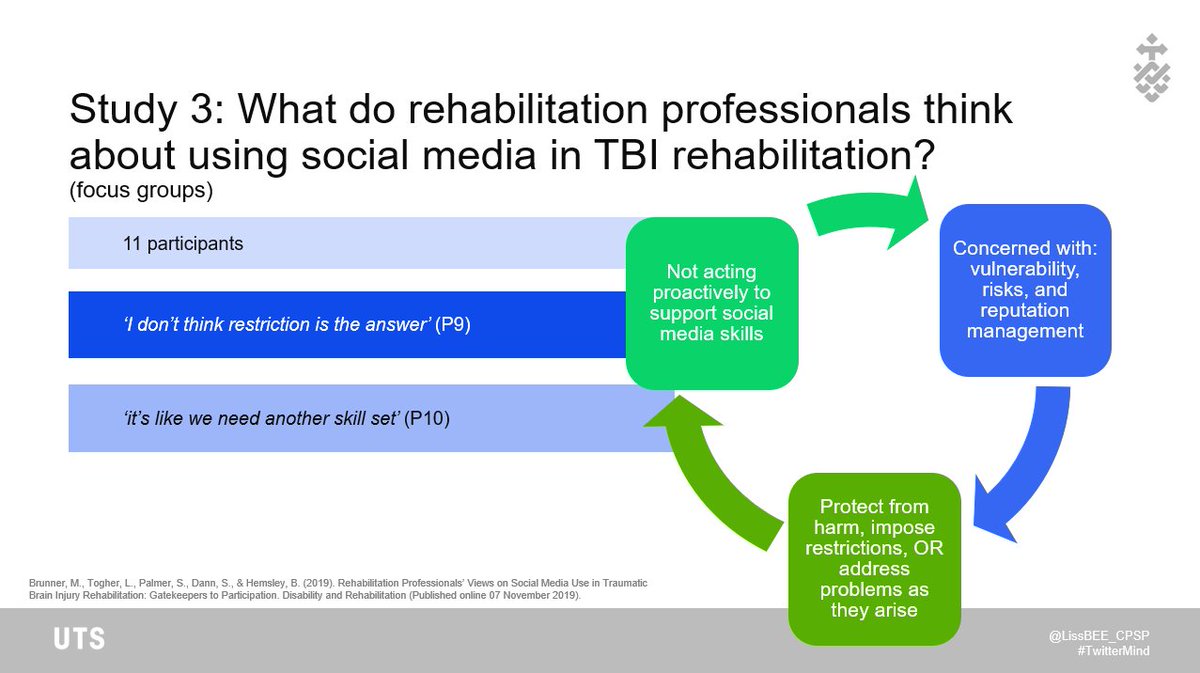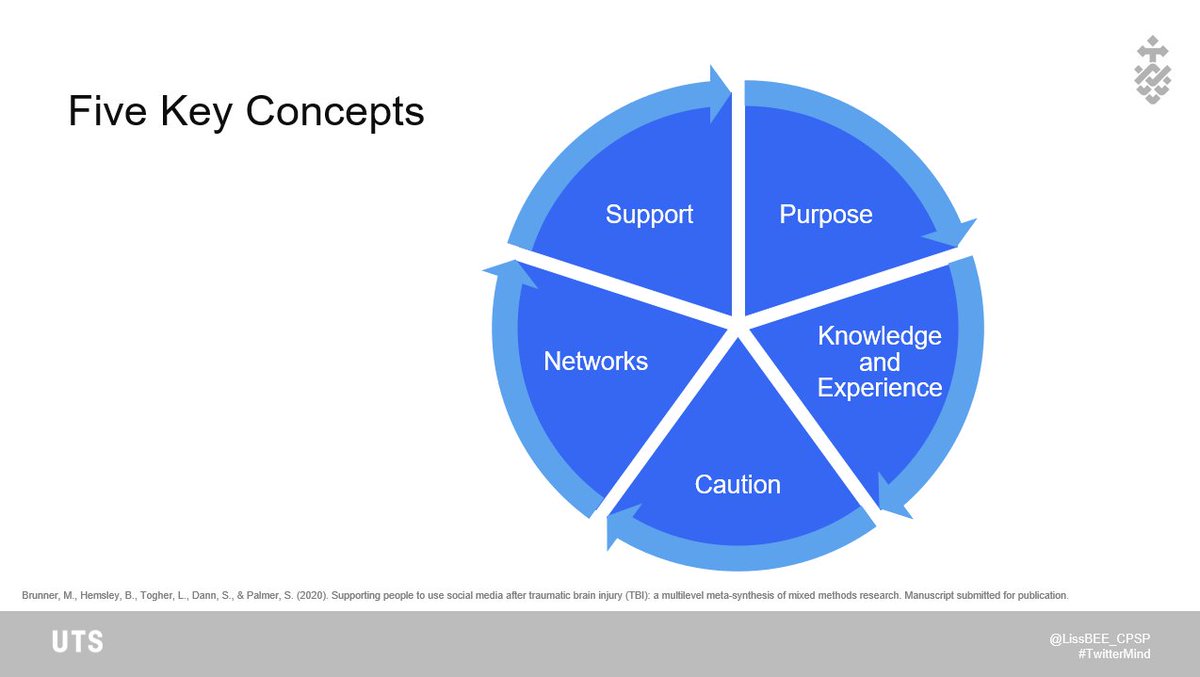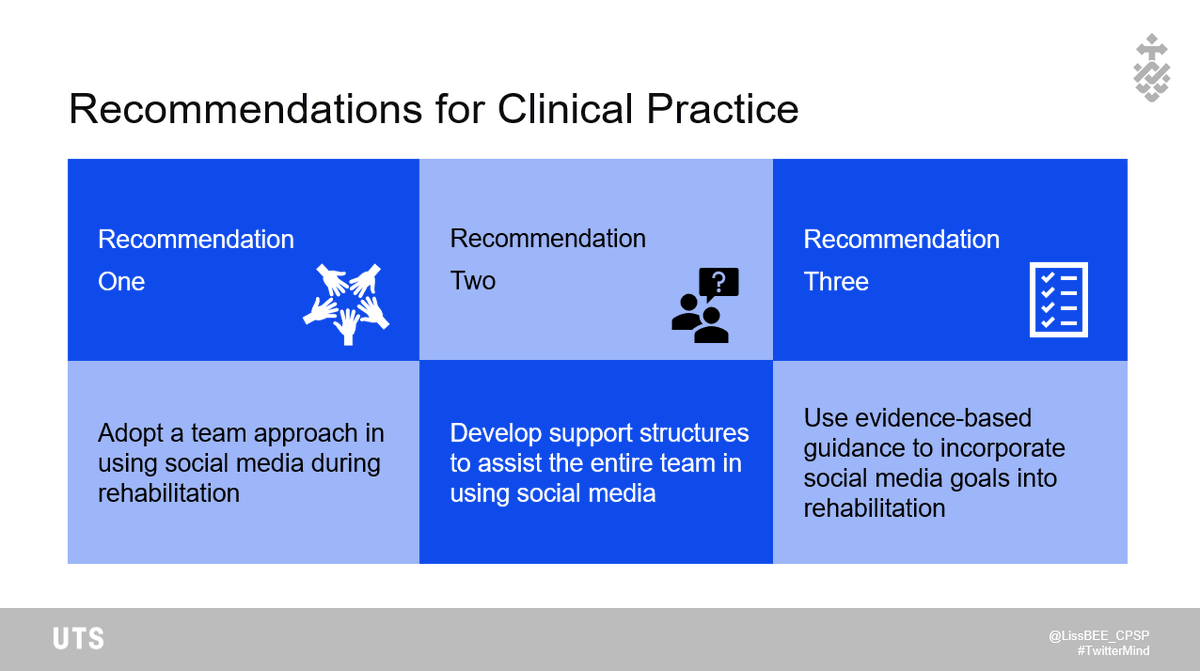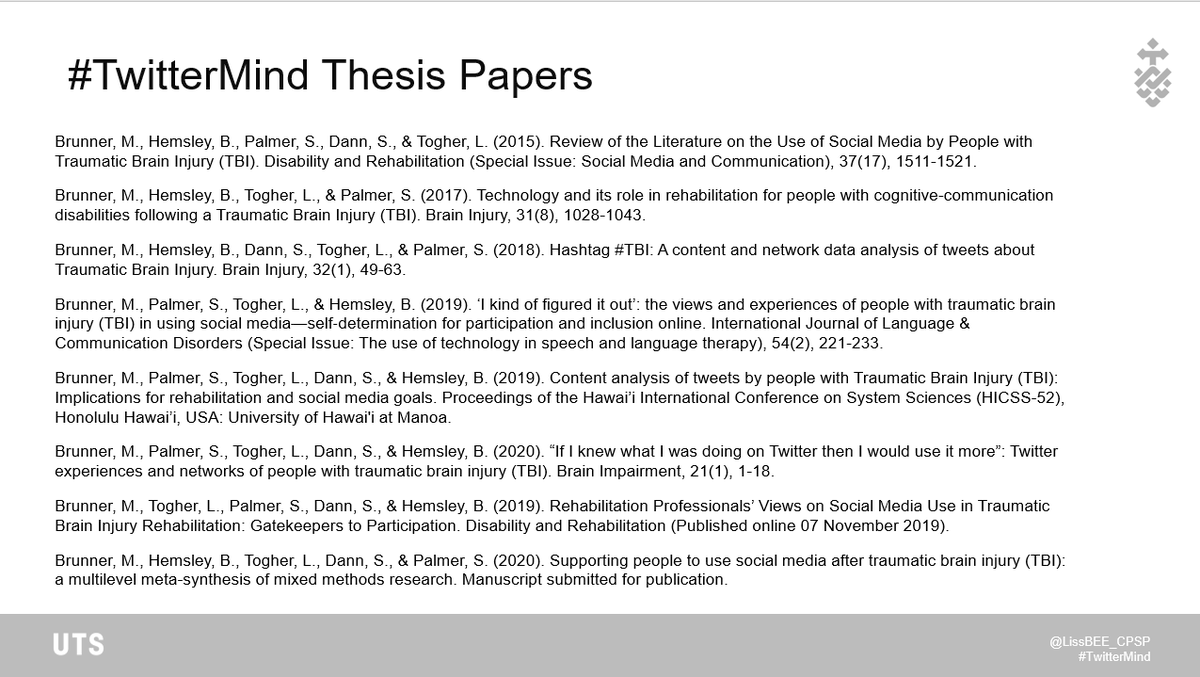With no graduation ceremonies in sight, I’m getting Mr8 & Mr9 to help me celebrate my #PhD conferral today!
We made a #TwitterMind themed #SLPhD bonnet (featuring brain & blue bird), a ceremonial mace & the boys made me a certificate #FirstGenPhD
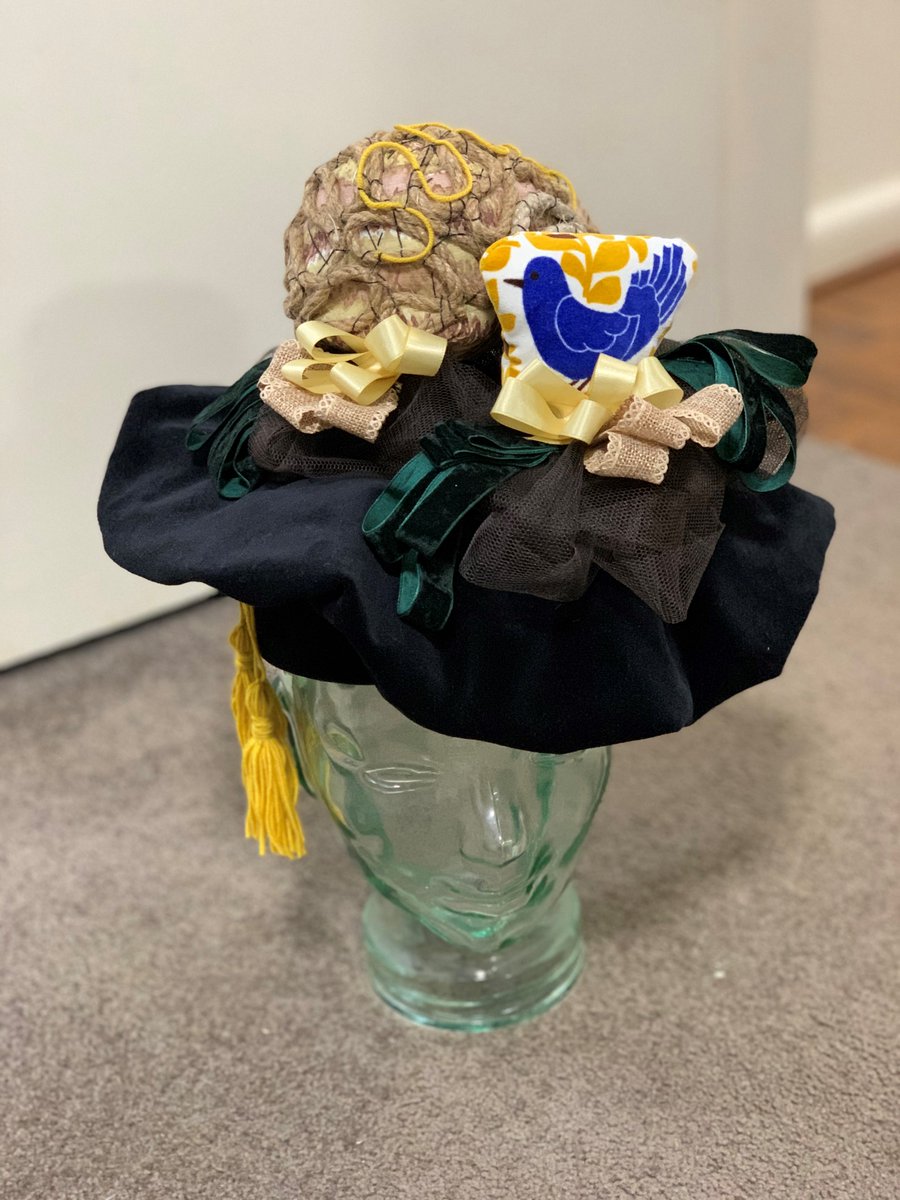
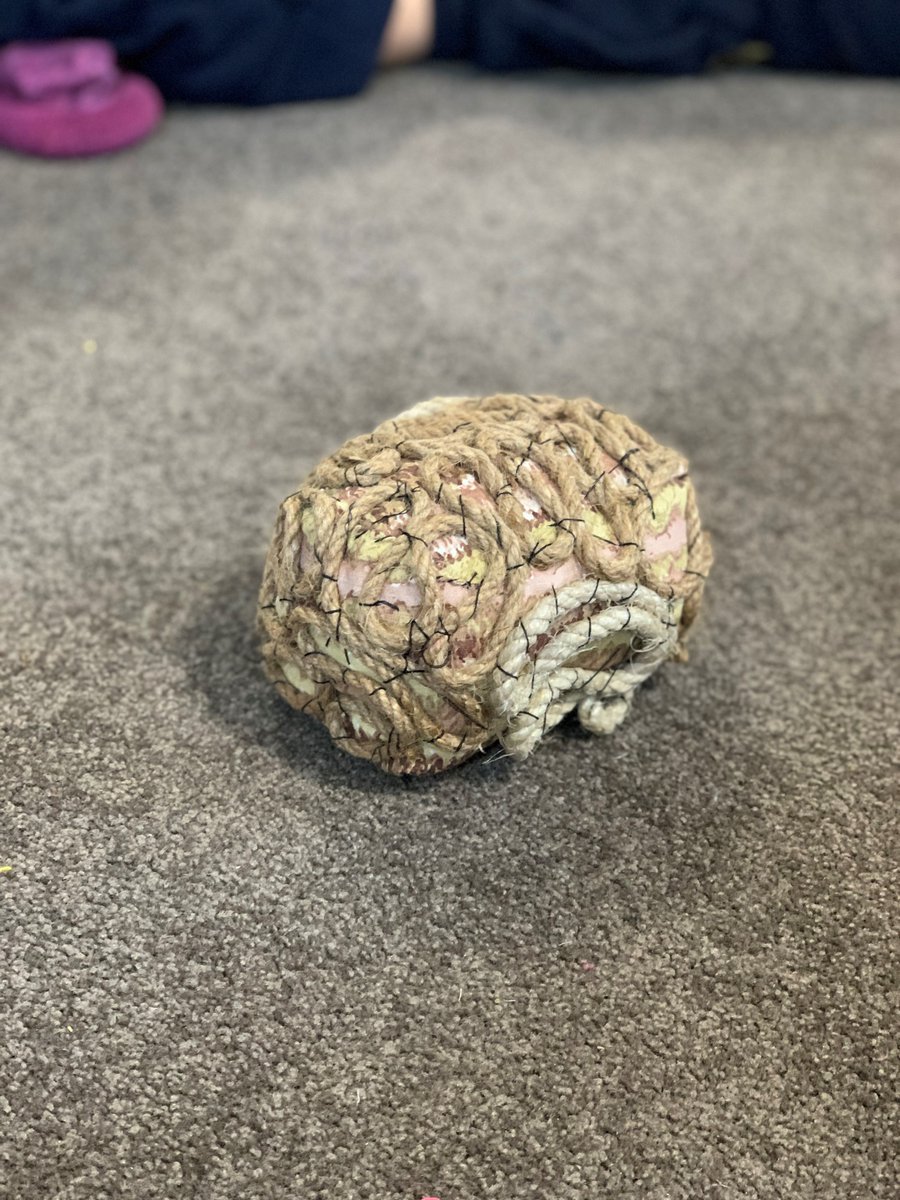
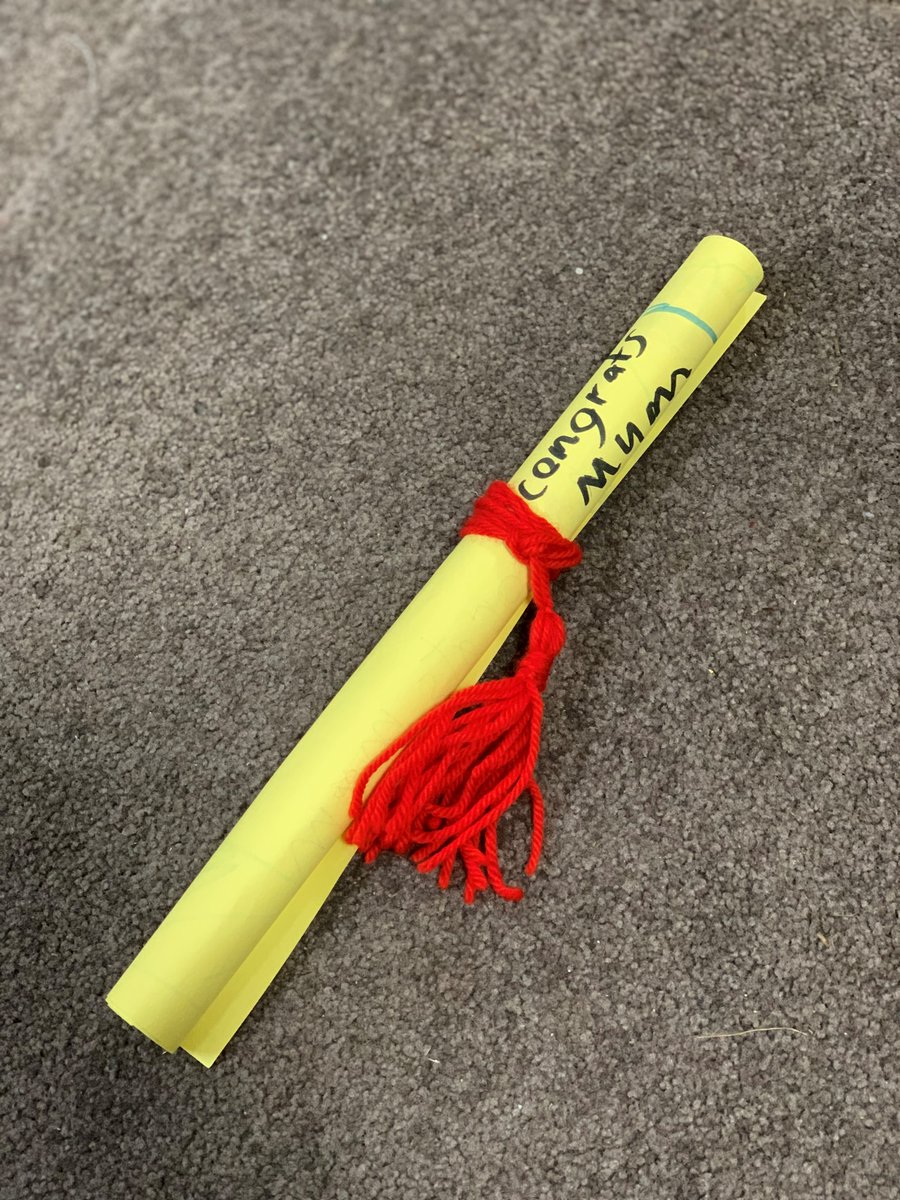
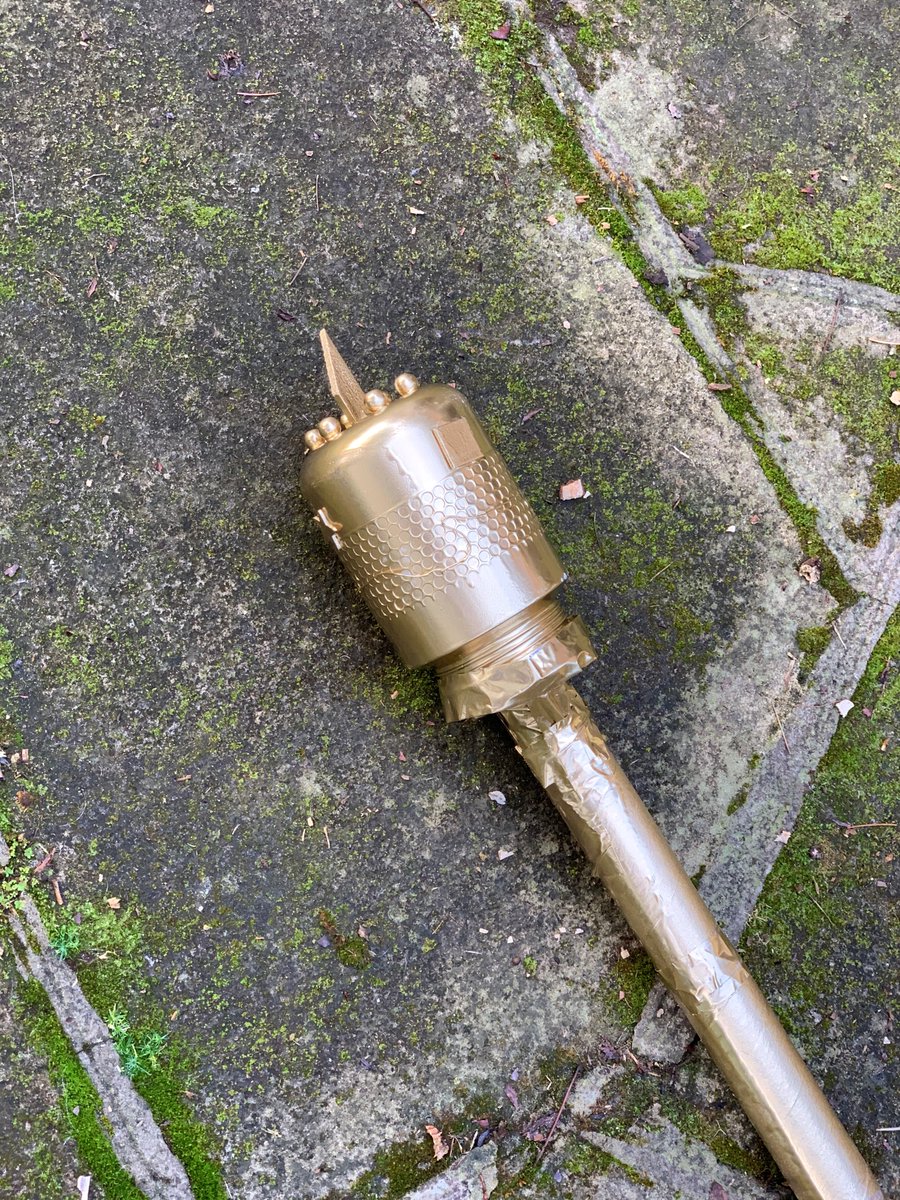
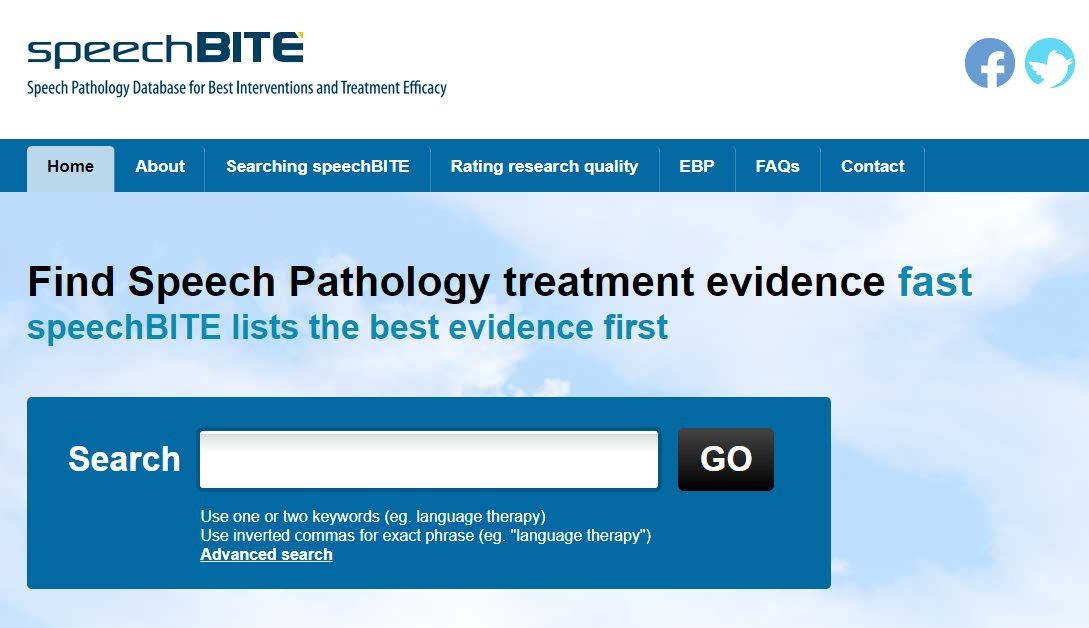
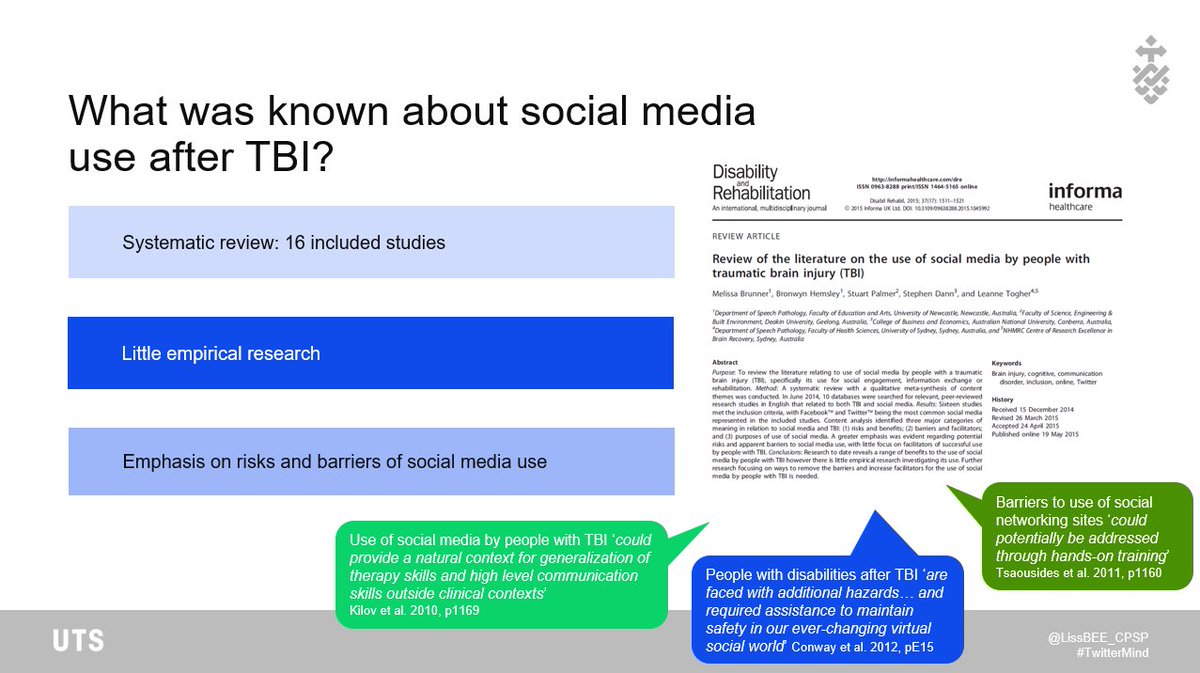
tandfonline.com/doi/full/10.10…
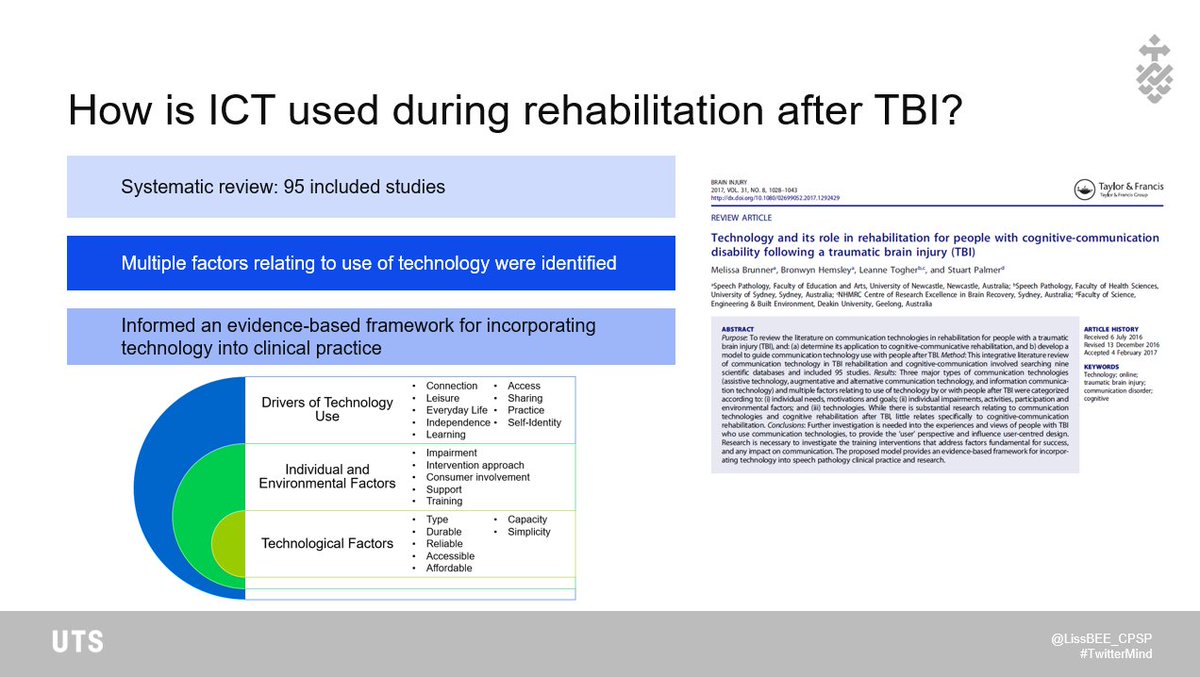
Over 200 people who were tweeting had a brain injury & they expressed feelings of frustration, vulnerability, trauma, acceptance, & generosity tandfonline.com/doi/full/10.10…
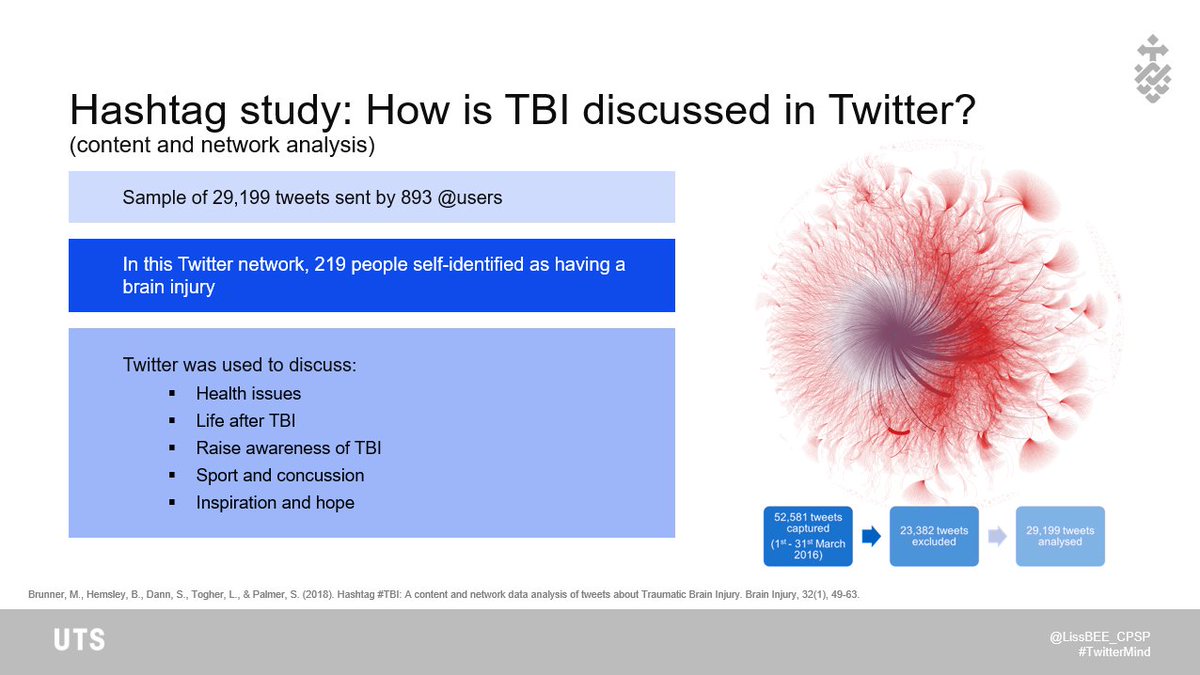
onlinelibrary.wiley.com/doi/full/10.11…
These participants ranged from novice tweeters who mostly ‘lurked’ & watched others, to more expert ‘prolific’ tweeters
hdl.handle.net/10125/59870
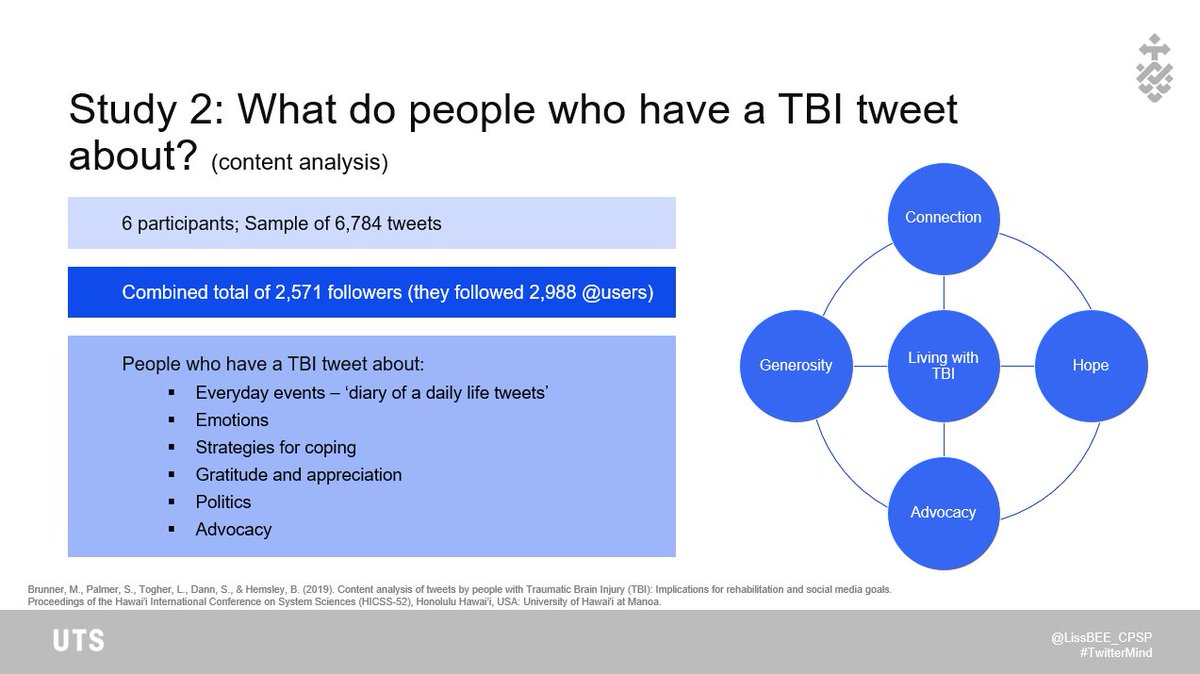
I conducted two focus groups with health professionals working in a rehabilitation organisation, that offered both inpatient and community TBI rehab services tandfonline.com/doi/full/10.10…
It was clear that supports are required to guide clinical practice
I conducted a meta-synthesis to see how all of these pieces fit together: evidence in the literature; Twitter data analysis; interview & focus group data; & @eSafetyOffice guidance on safe use of social media (paper in peer review)
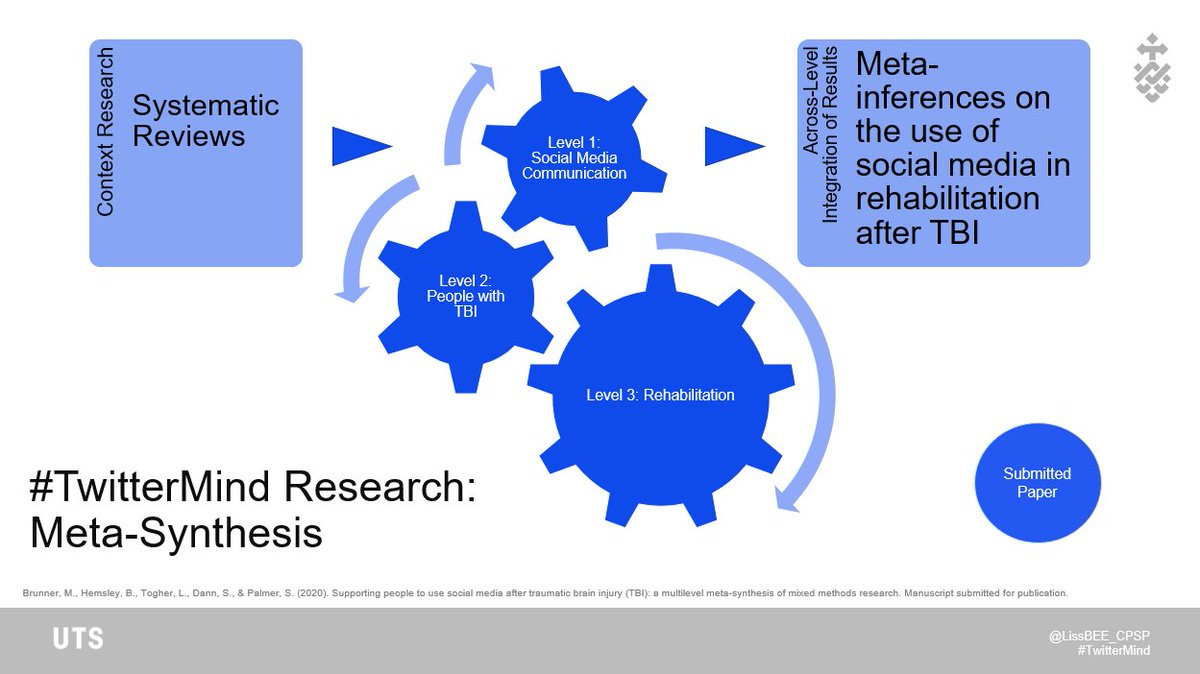
We need greater insights into the experiences of health professionals, alongside studies exploring cybersafety & social media use across different ages & platforms
